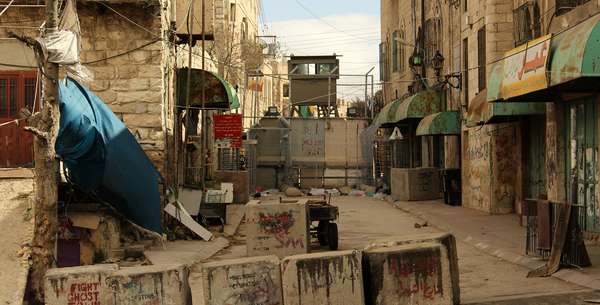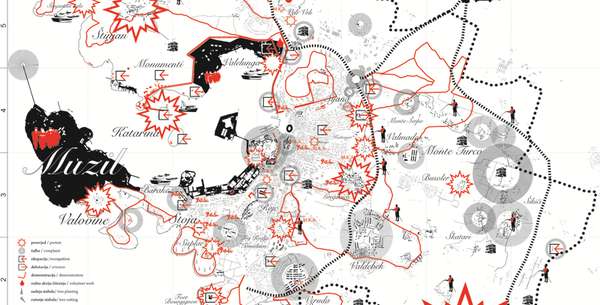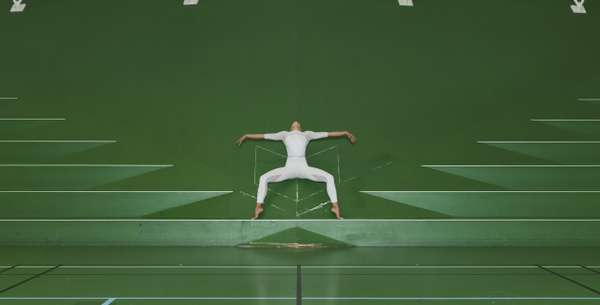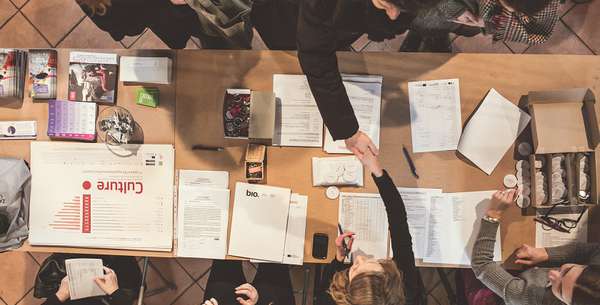Idea by
Léopold Lambert
Call for ideas 2017
Publishing a Post-Colonial Magazine
Publishing a Post-Colonial Magazine
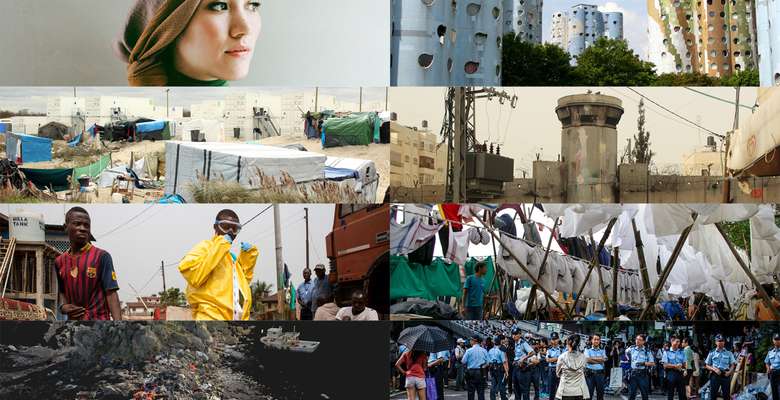
Some still want to learn architecture through the writings of Western-centric male architects, this project is not for them. Others, who prefer approaching a critical reflection on space through Frantz Fanon, Angela Davis, Edward Said, or Judith Butler, this project of a conversation (whether initiated through a lecture, an exhibition, or a workshop) might be appealing in the bridges it establishes between the politics of space and the politics of bodies. Through its nine first issues, The Funambulist gives voice to designers, social science students/professors, and political activists to approach design (urbanism, architecture, objects, clothing) through anti-racist, feminist, queer, decolonizing, and anti-normative narratives that challenge the fundamentals on which design is usually conceived. The negotiation of the publication’s economy, the choice of its contributors, the conditions of labor, appear as equally important to debate in this project.
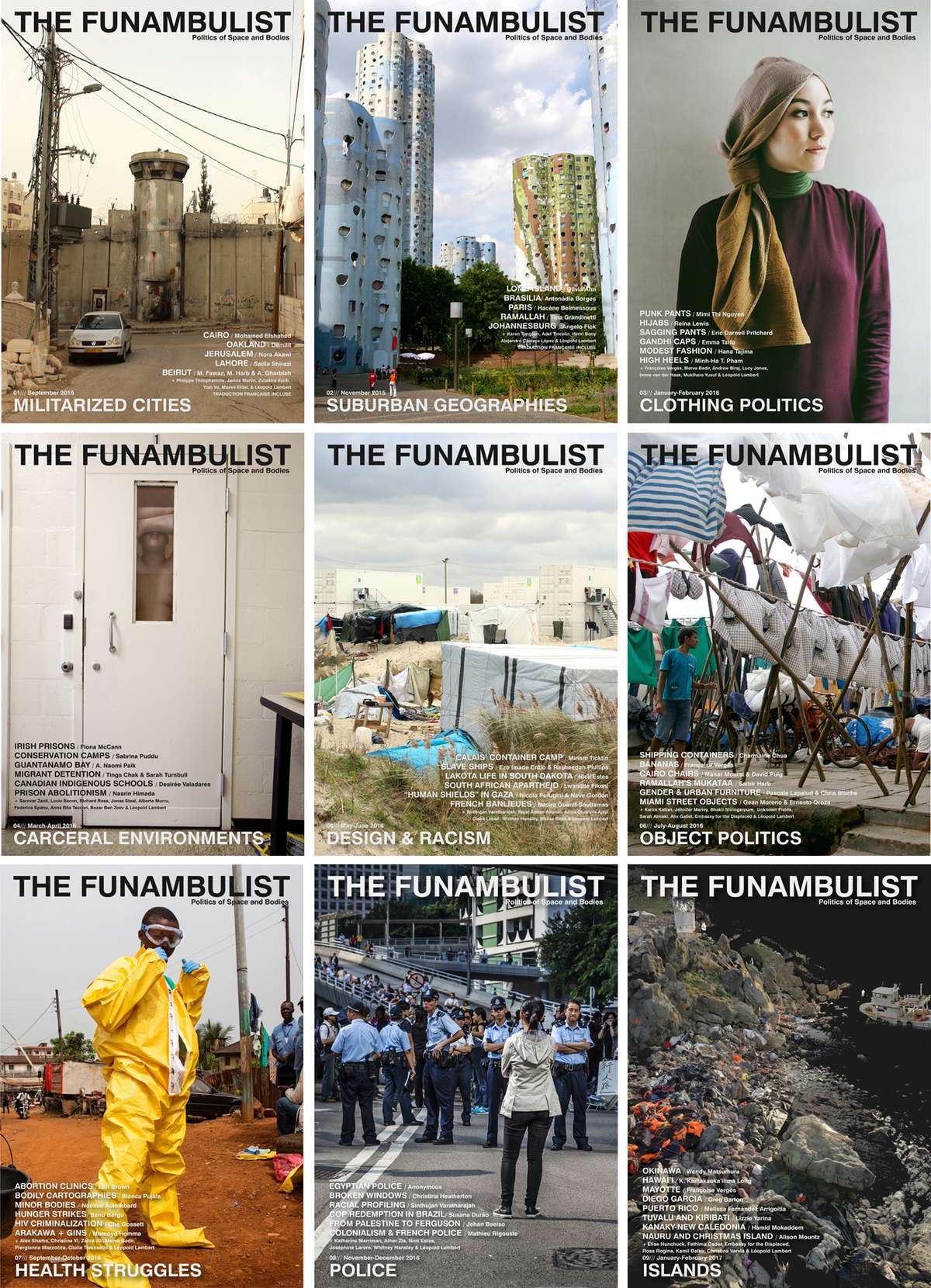
Covers of the nine first issues.
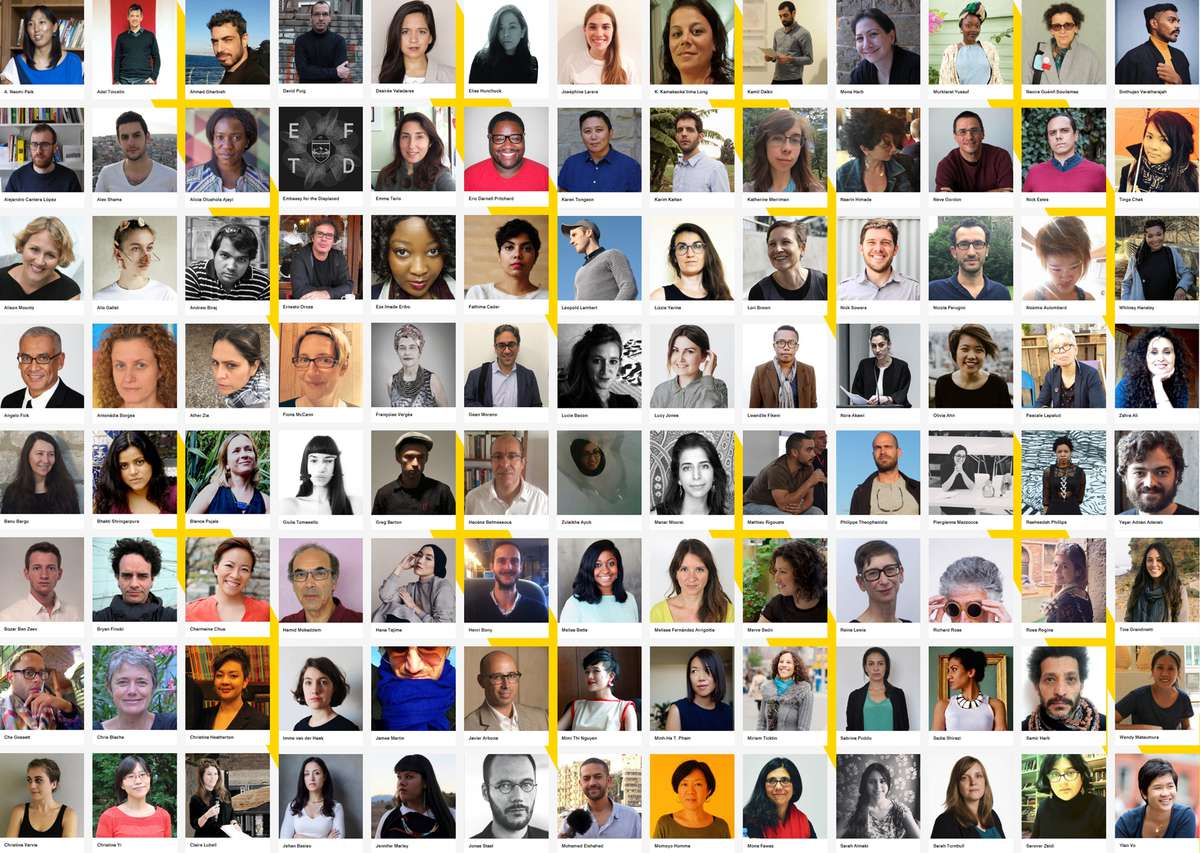
Contributors to The Funambulist Magazine.
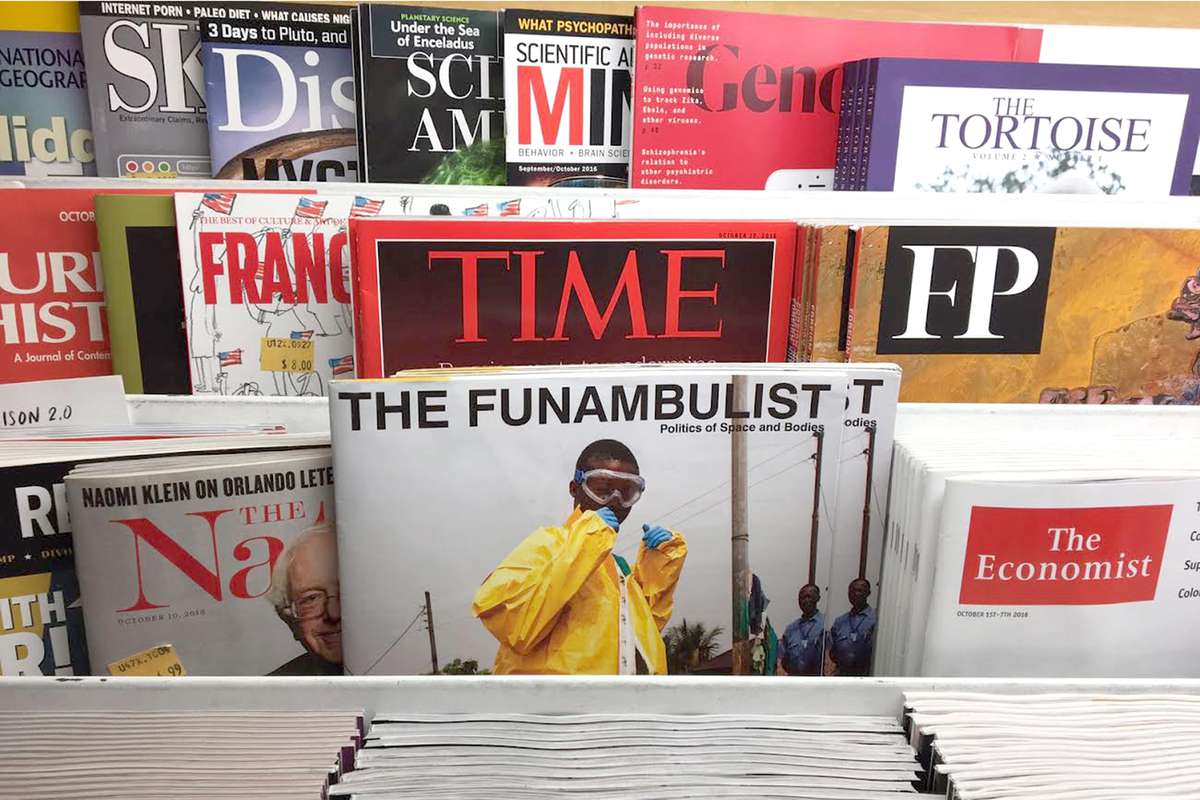
The Funambulist Magazine at McNally Jackson bookstore in New York City.
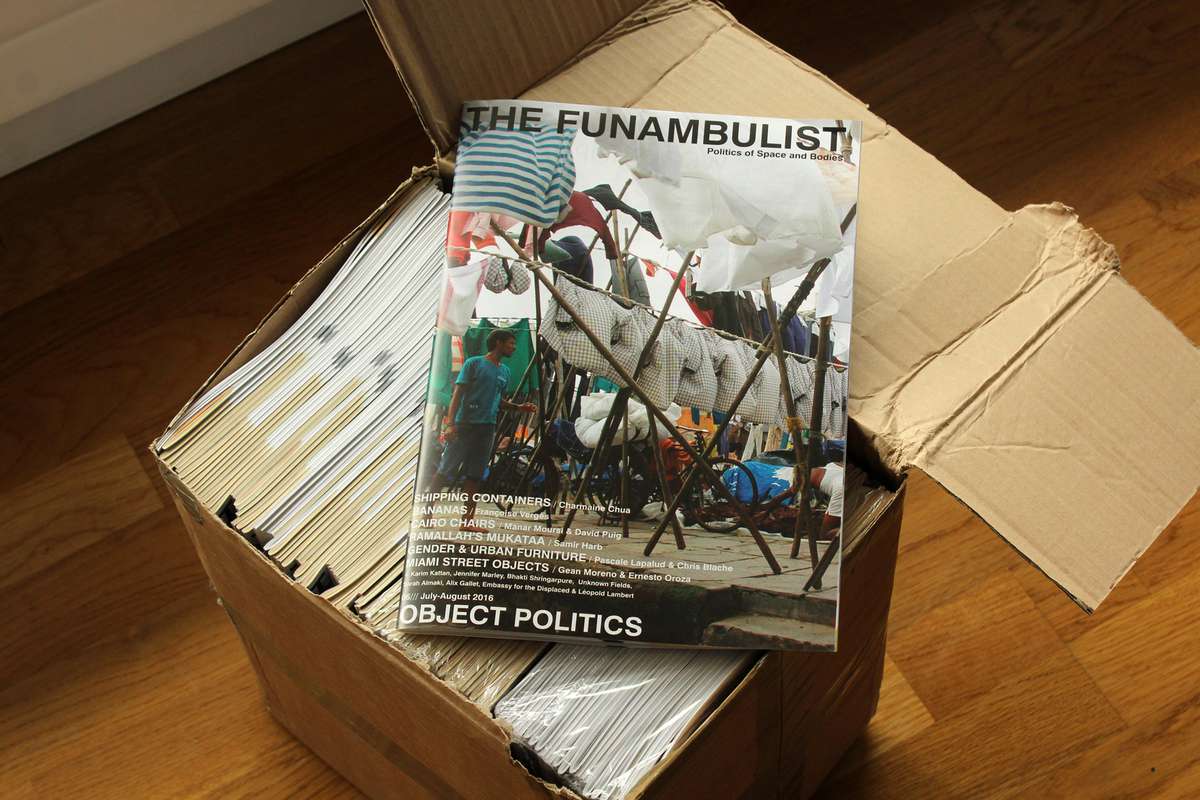
The logistic of a magazine.
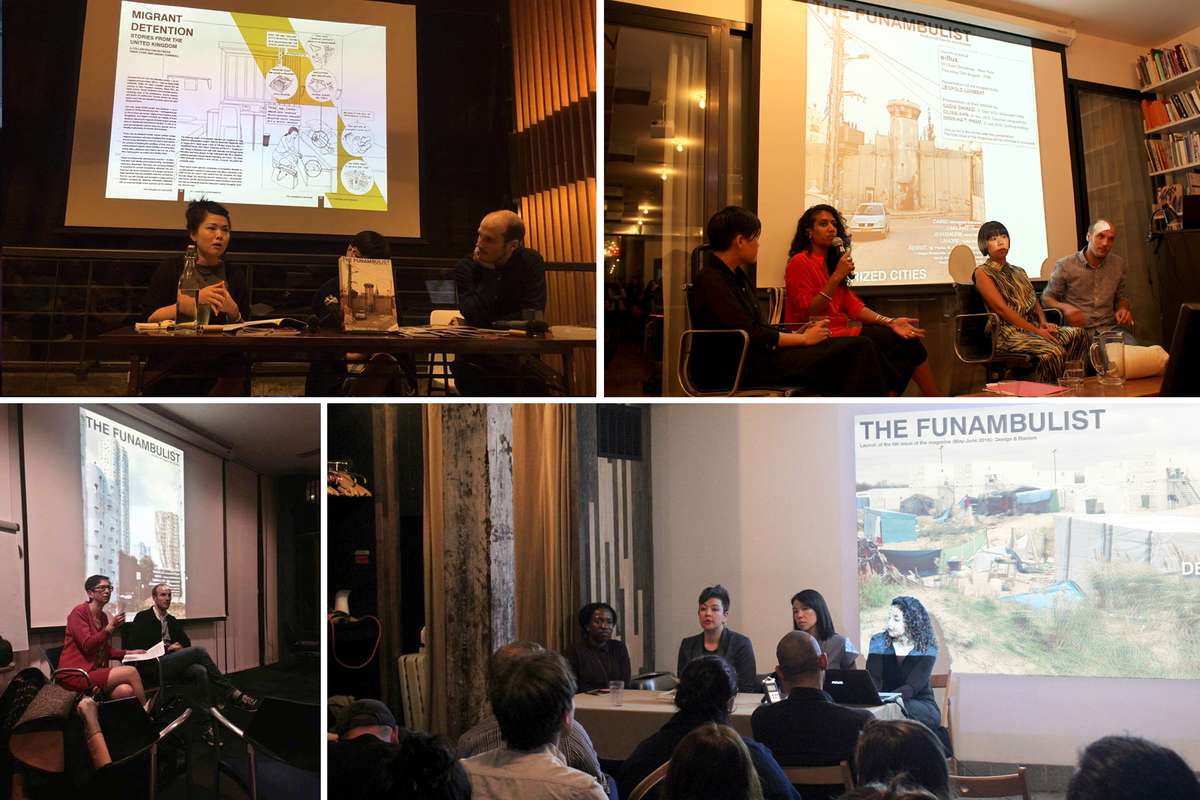
Events organized with some of the magazine contributors in New York, London, Tokyo, Hong Kong in 2015 and 2016.
Publishing a Post-Colonial Magazine
Publishing a Post-Colonial Magazine

Some still want to learn architecture through the writings of Western-centric male architects, this project is not for them. Others, who prefer approaching a critical reflection on space through Frantz Fanon, Angela Davis, Edward Said, or Judith Butler, this project of a conversation (whether initiated through a lecture, an exhibition, or a workshop) might be appealing in the bridges it establishes between the politics of space and the politics of bodies. Through its nine first issues, The Funambulist gives voice to designers, social science students/professors, and political activists to approach design (urbanism, architecture, objects, clothing) through anti-racist, feminist, queer, decolonizing, and anti-normative narratives that challenge the fundamentals on which design is usually conceived. The negotiation of the publication’s economy, the choice of its contributors, the conditions of labor, appear as equally important to debate in this project.
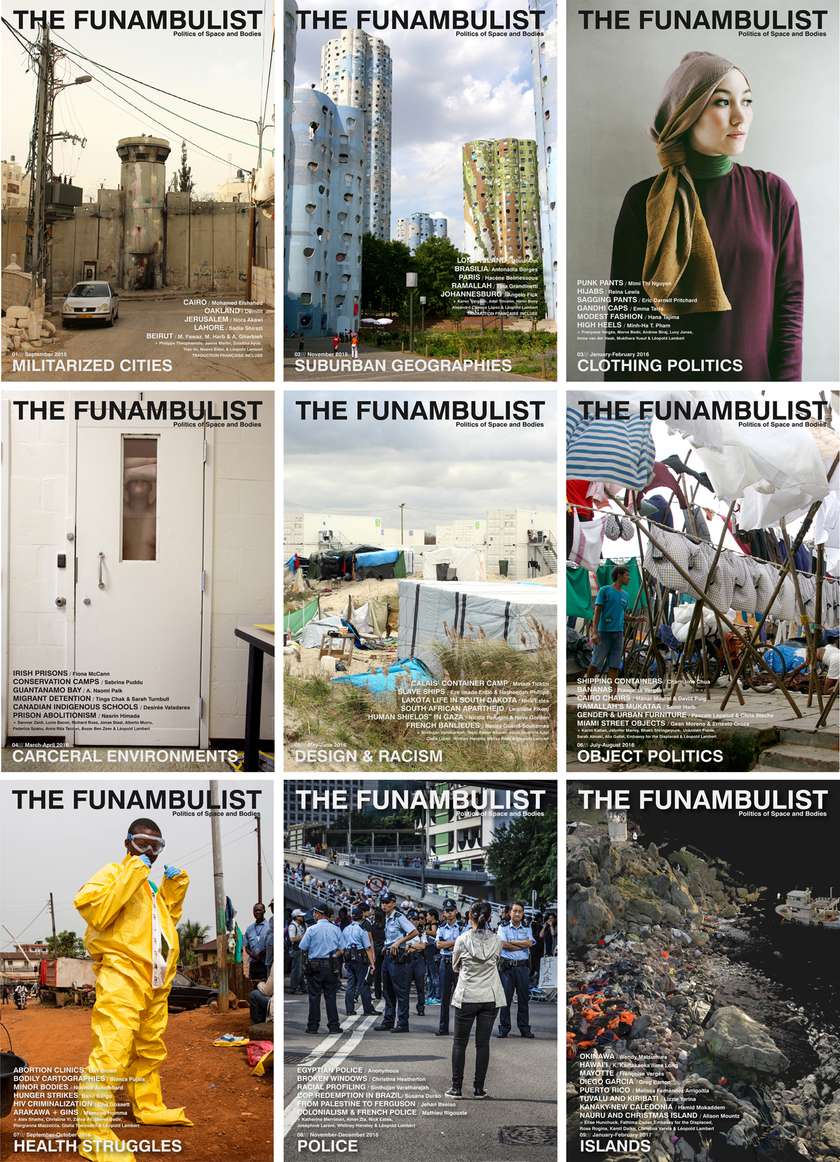
Covers of the nine first issues.
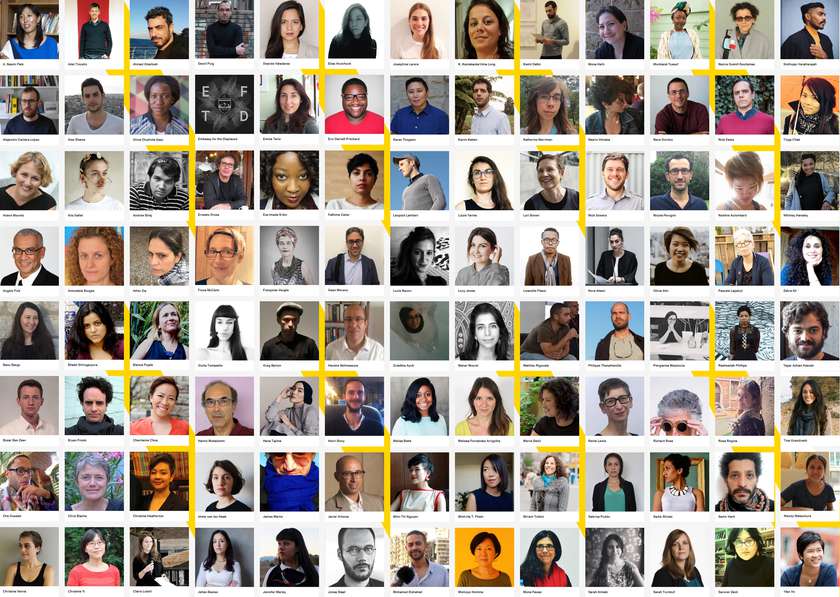
Contributors to The Funambulist Magazine.
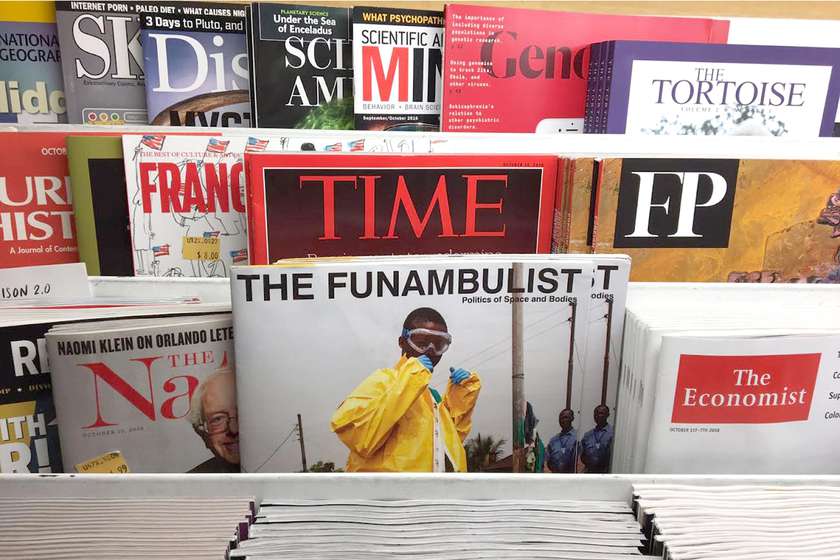
The Funambulist Magazine at McNally Jackson bookstore in New York City.
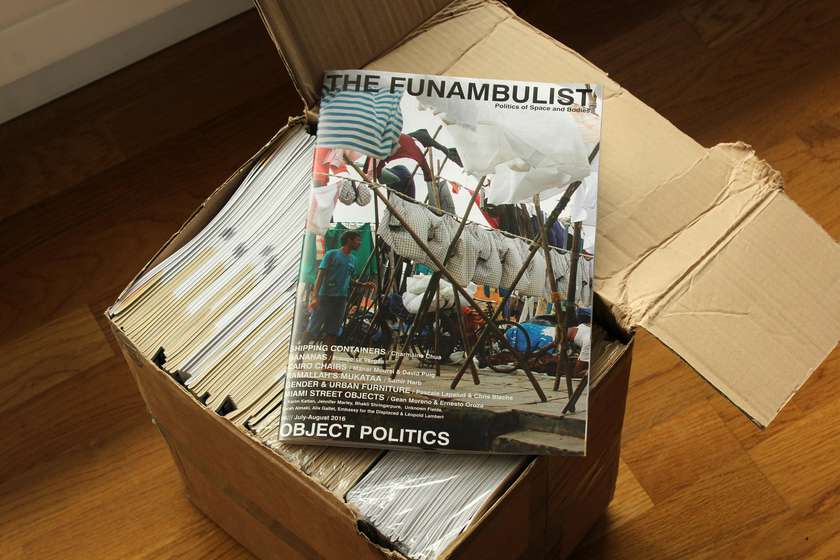
The logistic of a magazine.
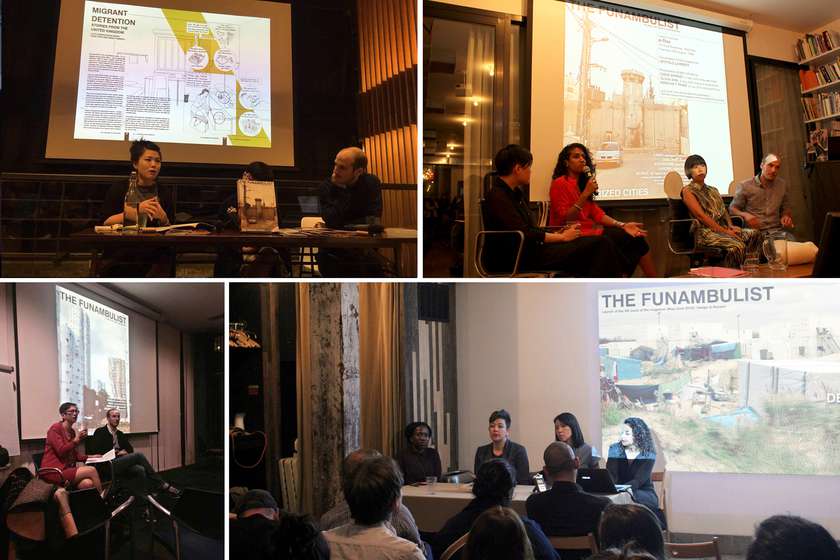
Events organized with some of the magazine contributors in New York, London, Tokyo, Hong Kong in 2015 and 2016.
